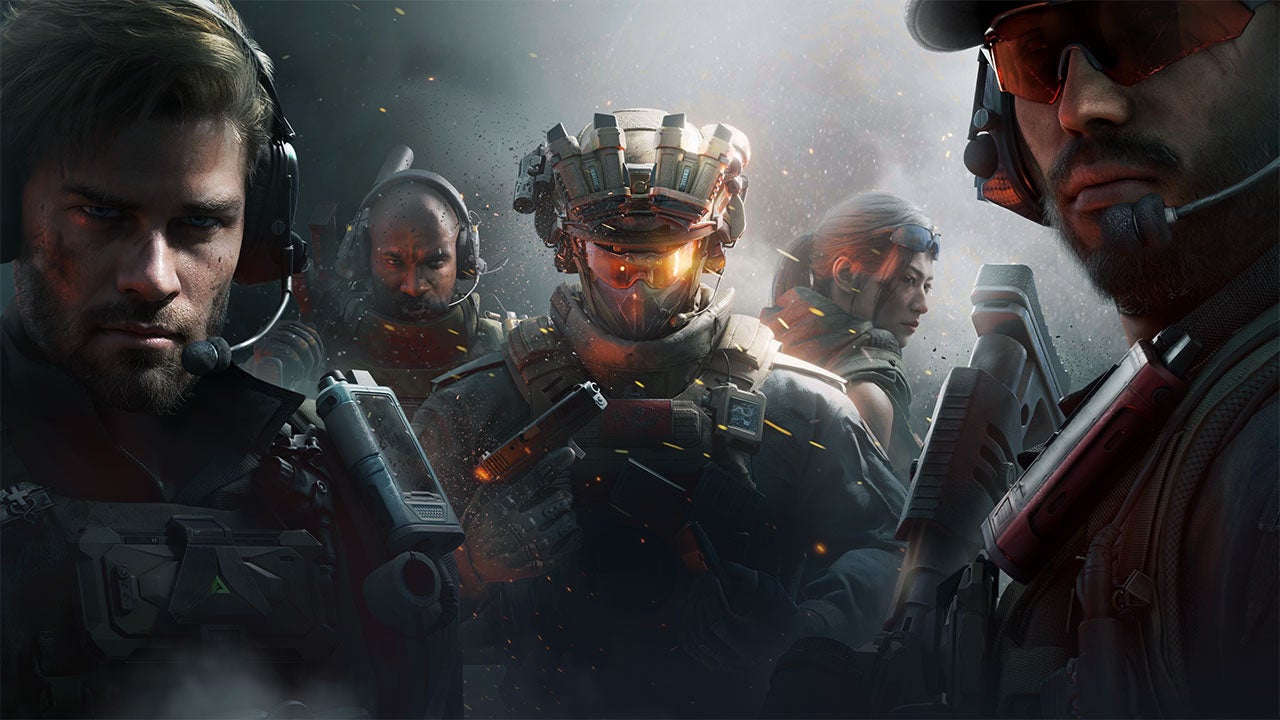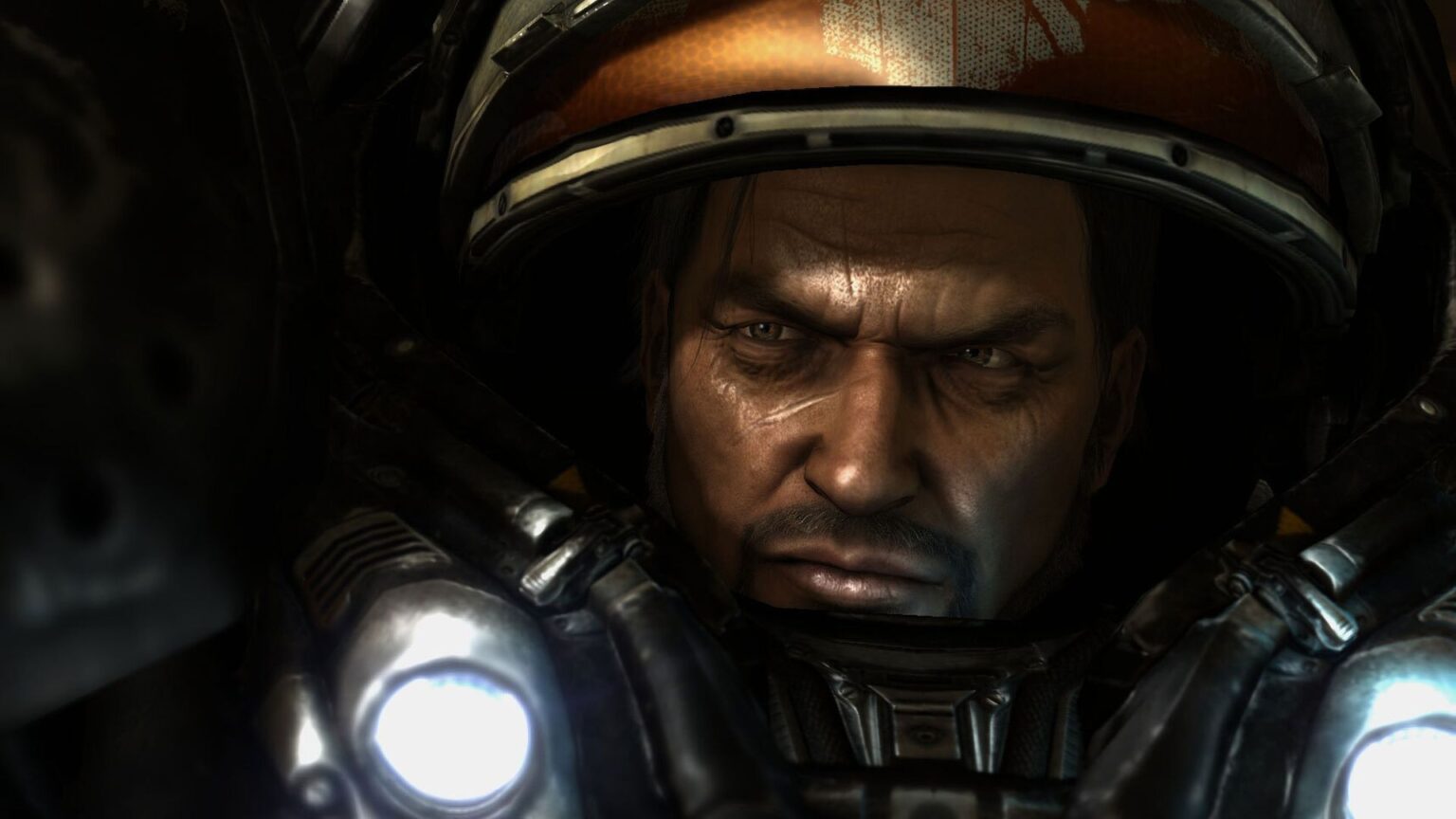The Evolution of First-Person Shooters
The term “first-person shooter” encompasses a diverse range of gaming experiences, from the horror-infused action of F.E.A.R. to the sci-fi escapades of Metroid Prime, and the relentless demon-slaying of Doom. Narrowing it down to military-themed FPS games includes a variety of titles, including the linear narratives of Call of Duty, the expansive player-versus-player (PvP) confrontations of Battlefield, and the tactical extractions found in Escape from Tarkov. Delta Force, a revival of a classic series that debuted 26 years ago, attempts to blend elements from these genres. With its dual focus on large-scale PvP and extraction shooter modes, it occupies a unique position within the FPS landscape, but ultimately, it offers a competent yet somewhat unremarkable experience.
Current Modes and Gameplay Mechanics
As of now, Delta Force features two of its three main modes, with the single-player campaign slated for future release as paid downloadable content (DLC). The Warfare mode serves as the game’s answer to the massive team battles characteristic of Battlefield, allowing 64 players to compete in sprawling arenas. Rather than traditional deathmatch gameplay, Delta Force emphasizes objective-based modes, such as King of the Hill. One standout variant is Attack and Defend, where one team strives to capture strategic points while the defending team has unlimited respawns. This dynamic creates an engaging back-and-forth, as the attacking team initially benefits from superior positioning and resources, but the tide can shift as the match progresses.
The Thrill of Large-Scale Battles
The scale of battles in Delta Force is impressive, with fast respawn mechanics ensuring that the action remains intense. Players can expect chaotic confrontations reminiscent of the Battlefield series, with each weapon earning experience points (XP) to unlock custom options. Vehicle combat adds an extra layer of excitement; tanks can dominate the battlefield, while aerial vehicles like helicopters require skillful piloting to be effective.
Character Variety and Tactical Depth
Delta Force allows players to choose from a variety of operatives that provide a mix of standard loadouts and unique abilities, similar to the Specialists in Battlefield 2042. This feature introduces a tactical layer to gameplay, allowing players to adapt their strategies based on the situation. For instance, if enemy vehicles pose a threat, players can opt for characters equipped with rocket launchers or sniper rifles for better long-range engagement. Each operative’s special abilities, such as detection arrows or smoke screens, add further tactical depth without overpowering the gameplay dynamics.
Shooting Mechanics and Gameplay Feel
While the combat is engaging, some aspects could benefit from refinement. The shooting mechanics feel somewhat off due to the slow bullet travel time and the necessity to lead targets, which can be frustrating in fast-paced situations. The contrast between grounded ballistics and the fantastical abilities of operatives can create a dissonant experience that may detract from overall enjoyment.
Extraction Mode: A Familiar Yet Engaging Experience
In addition to Warfare, Delta Force features the Operations mode, which embraces the extraction shooter format. Teams of up to three players can embark on missions to eliminate AI enemies, gather loot, and safely extract from the battlefield. Though the premise is familiar, Delta Force executes it well, offering three initial maps filled with objectives and points of interest.
Strategic Decision-Making and Enemy Variety
Players will encounter various AI opponents and potential human squads, heightening the game’s suspense. Each encounter requires quick decision-making, with players weighing the risk of engaging enemies versus stealthily bypassing them. The game excels in providing diverse enemy types, from standard soldiers to formidable bosses, ensuring that players remain engaged and challenged throughout their missions.
Microtransactions and Monetization Strategy
As a free-to-play title, Delta Force incorporates microtransactions through a timed battle pass system, offering cosmetic rewards that do not impact gameplay balance. The monetization system is largely unobtrusive, allowing players to enjoy the game without feeling pressured to spend money.
Loot System and Exploration Opportunities
The game’s loot mechanics provide an abundance of containers and rewards, but the simplicity of following marked loot locations could benefit from more exploration incentives. Unique areas with hidden treasures could encourage players to venture off the beaten path, enhancing the overall experience.
Home Base and Progression Mechanics
Between missions, players return to the Black Site, which serves as a home base for managing loadouts and upgrading equipment. The ticket system allows players to trade in for essential gear, ensuring that even after setbacks, they can quickly bounce back into action. However, the time required for upgrades can feel excessive, potentially hindering player progression.
In Conclusion
Delta Force presents an intriguing blend of FPS elements, successfully incorporating large-scale battles and extraction gameplay. While it may not revolutionize the genre, its polished execution and engaging mechanics make it a worthwhile addition for fans of military shooters. With future updates and the promised single-player campaign, Delta Force has the potential to grow and evolve, offering players even more content to explore and enjoy.






